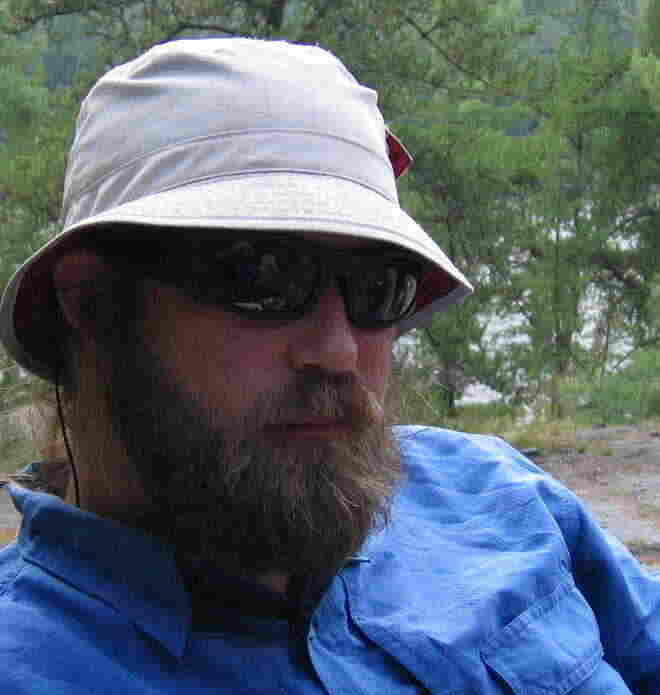Halcyon Days of Yore
Halcyon days of yore; a quaint idiom referencing an, oftentimes idealized, happiness of a long-past youthful carefreeness; but where does it come from? Who used it first or made it famous? To me it always sounds like an idiot's pretentious parroting of some misplaced intellectual conspicuous in popular culture (I’m thinking Howard Cosell), that is awkwardly crammed into a conversation to give the impression that the speaker could be a Shakespearian scholar and not just a total blockhead. My personal prejudices regarding this underused cliché and penchant to break it out to sarcastically ape the buffoon I see in all of us aside, I was interested in its history. Yes, the internet clued me in to its origins in Greek mythology, which I actually expected, and that Shakespeare did in fact make reference to halcyon, as I was fairly certain he had, (although he did not coin the phrase as I suspected), but there does not seem to be any information about its popular use.
“Halcyon days" comes from a Greek myth and refers to a week of calm weather during the winter before and after the solstice. Áλκυόνη, the daughter of a god named Æolus with power over the wind, and her husband Ceyx, the king of Thessaly, were transformed into áλκυώνες (translated as halcyon, which are mythical birds typically associated with kingfishers) when she threw herself into the sea in an act of grief over his death in a shipwreck. Æolus granted them seven days of calm weather each year for nesting, which became known as the halcyon days. Yore is Middle English for long past or long ago. It seems to be generally understood to refer to ones youth and is now only used in the phrase “days of yore.” All well and good, but when was that eureka moment when some literary giant, or corny sports caster, exclaimed, “you got chocolate in my peanut butter” and the world replied with a resounding, “no you got peanut butter in my chocolate” giving rise to the iconic, and exquisitely wordy Reese’s-Peanut-Butter-Cup-esque expression used to denote nostalgia, "halcyon days of yore." Even the mighty Google fails in all attempts to find an attribution or explanation of the inception, popularization (as it is), and enduring use of this presumably arcane idiom. C'est la vie.
posted by TOC | 8:34 AM
|
0 comments
![]()

